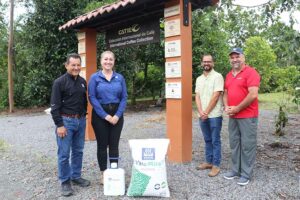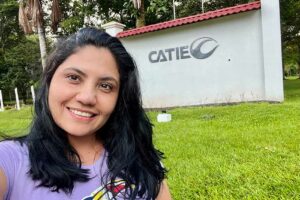Revolving Agroforestry with Lessons on Bird-Plant Interactions
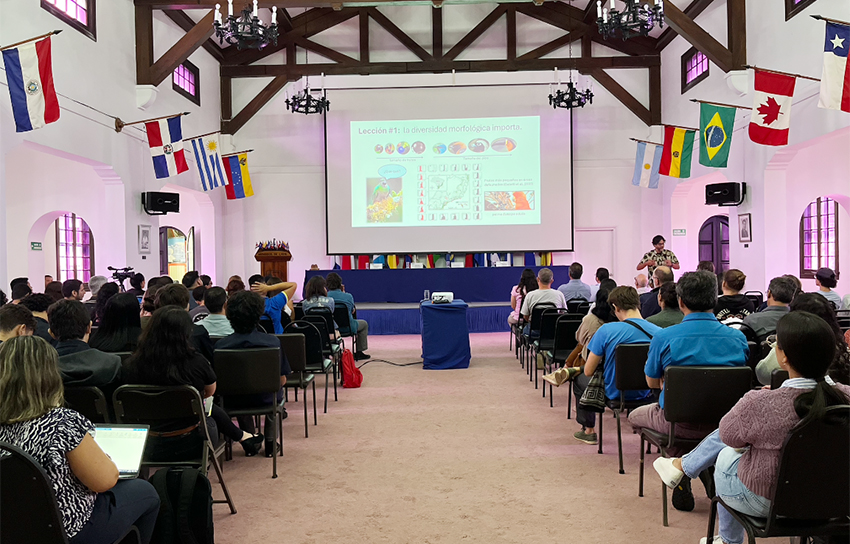
- Towards a new generation of agroecosystems that integrate biodiversity and agricultural production
The CATIE (Tropical Agricultural Research and Higher Education Center) was the venue for an academic seminar on April 10, led by Dr. Tomás Carlo-Joglar, an expert in seed dispersal ecology and bird foraging, affiliated with Pennsylvania State University.
Under the title "Mutualistic networks of interaction between birds and plants: research and applications," the event became a forum to explore the complex relationships between birds and plants and their impact on forest regeneration and the design of agroecosystems.
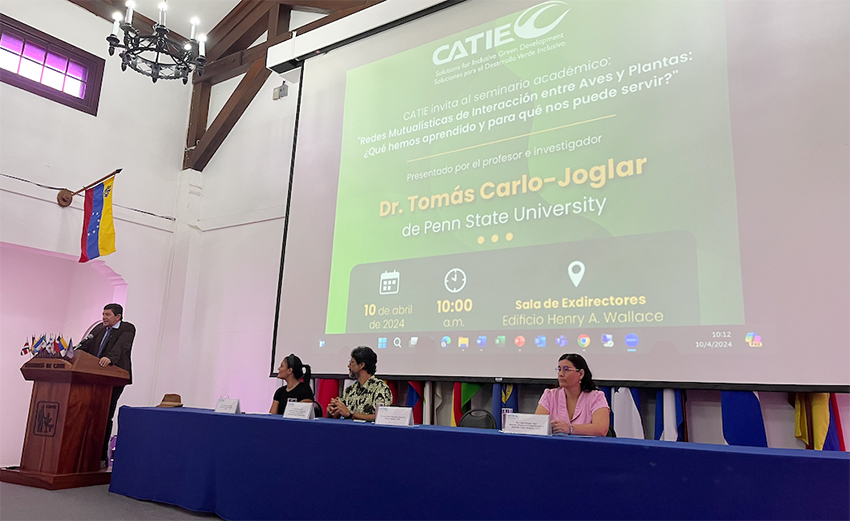
During his presentation, Dr. Carlo-Joglar shared valuable findings from his laboratory in Pennsylvania, highlighting the crucial role of frugivorous birds in seed dispersal and, therefore, in forest regeneration. "I like to say that I study how birds make forests," commented the ecology expert, emphasizing the mutualistic dynamics that allow plants to "move" through dispersion performed by birds.
The talk initially focused on lessons learned about these interactions and their contribution to forest regeneration. Additionally, it highlighted how the morphological and nutritional diversity of the involved species significantly influences this process, promoting a faster and more efficient regeneration of forests.
Subsequently, he addressed the foraging mechanisms of birds that foster biodiversity through seed dispersal.
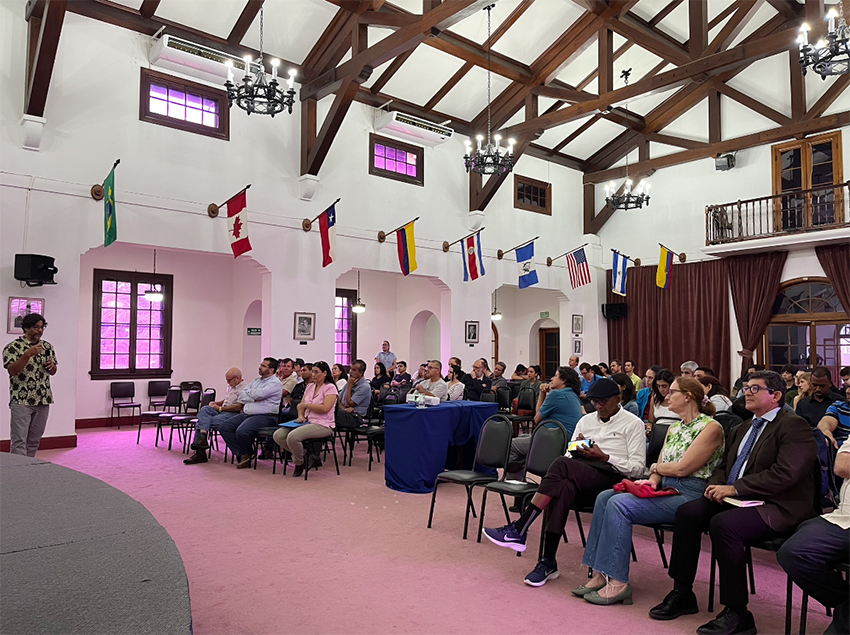
This knowledge opens doors to the design of agroecosystems that are not only richer in biodiversity but also more functional from the standpoint of agricultural production and its stability.
Dr. Carlo-Joglar concluded his seminar with an integrative vision, proposing the development of Next gen agroforestry or next-generation agroecosystems. This approach seeks to leverage accumulated knowledge about mutualistic interactions and the functional characteristics of species to design agricultural systems that are more resilient, diverse, and productive.
"This type of information is very useful when we think about ways to design and improve agroecosystems," he stated, highlighting the opportunity to work hand in hand with CATIE and farmers to create systems that harmonize productivity with biodiversity conservation.
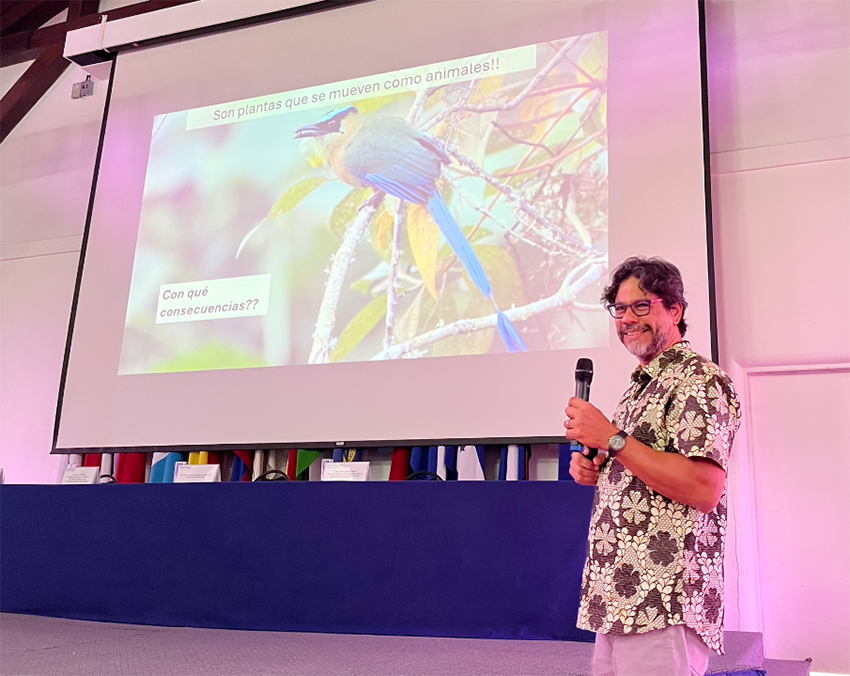
Dr. Carlo-Joglar's lessons invite us to reconsider how agroforestry is approached, integrating ecological knowledge to promote the stability and quality of agricultural production while conserving the biological richness of ecosystems. A call to use what we know to build the future of sustainable agriculture.
This international academic seminar is the first of several that CATIE will organize, under the leadership of Dr. Luis Pocasangre, as general director, with the purpose of exchanging knowledge and generating proposals for joint projects with research centers and universities from different parts of the world.
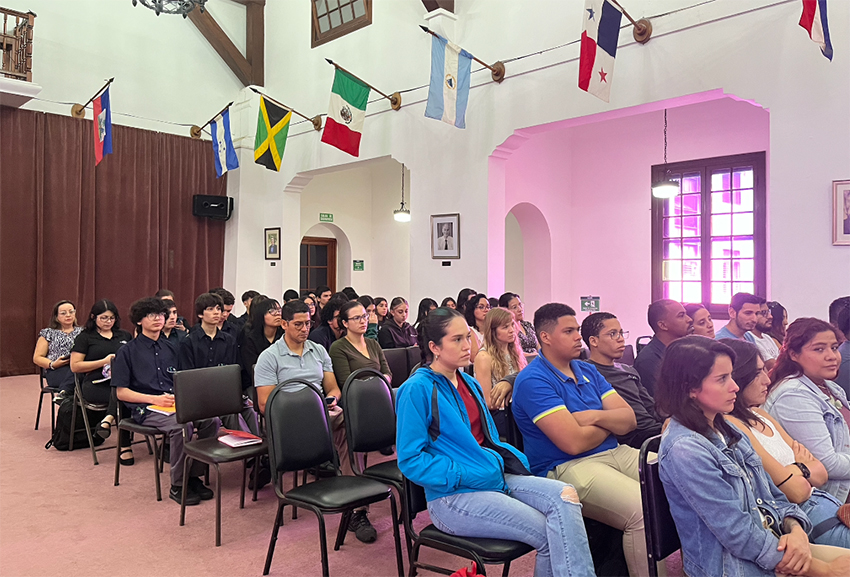
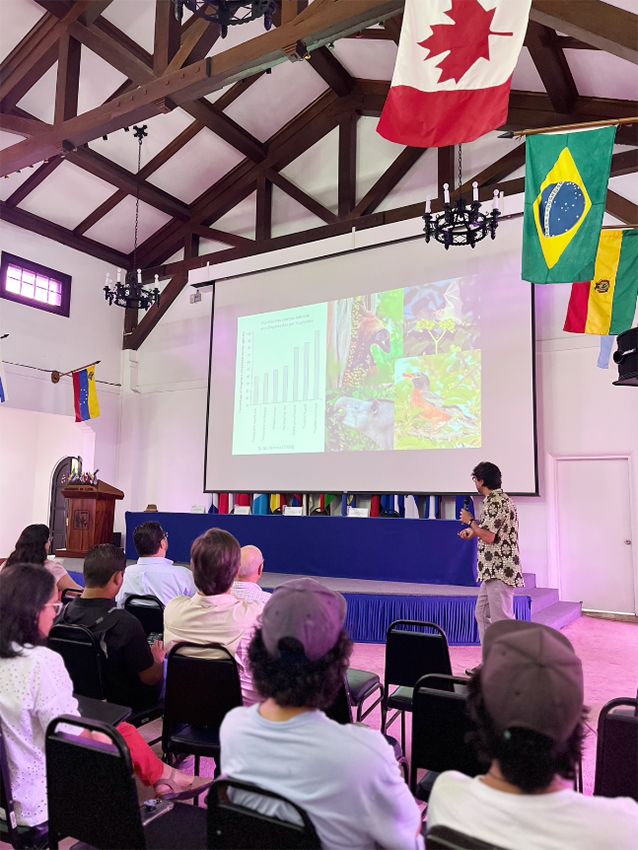
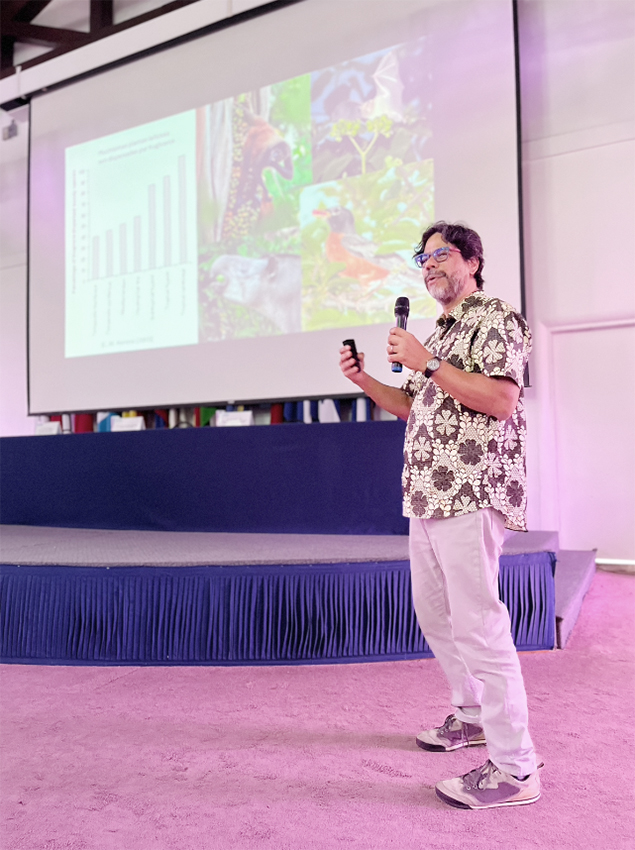
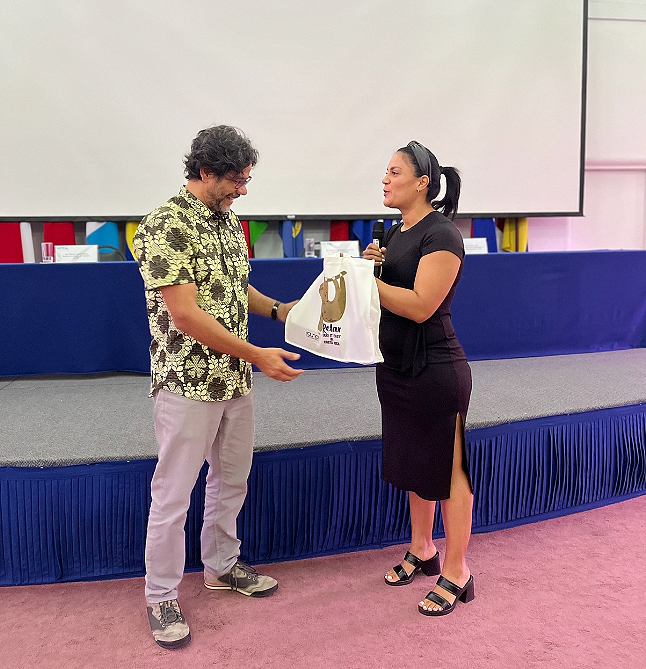
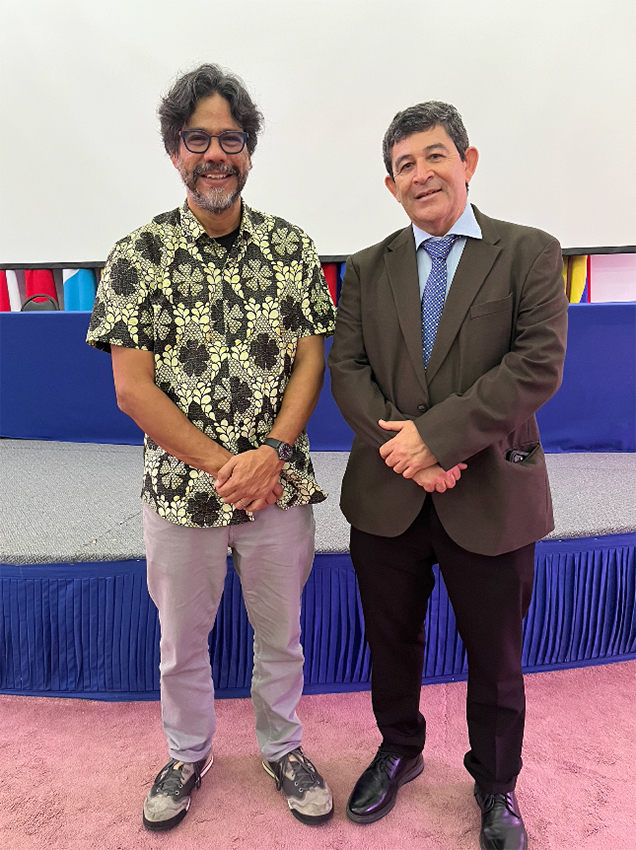
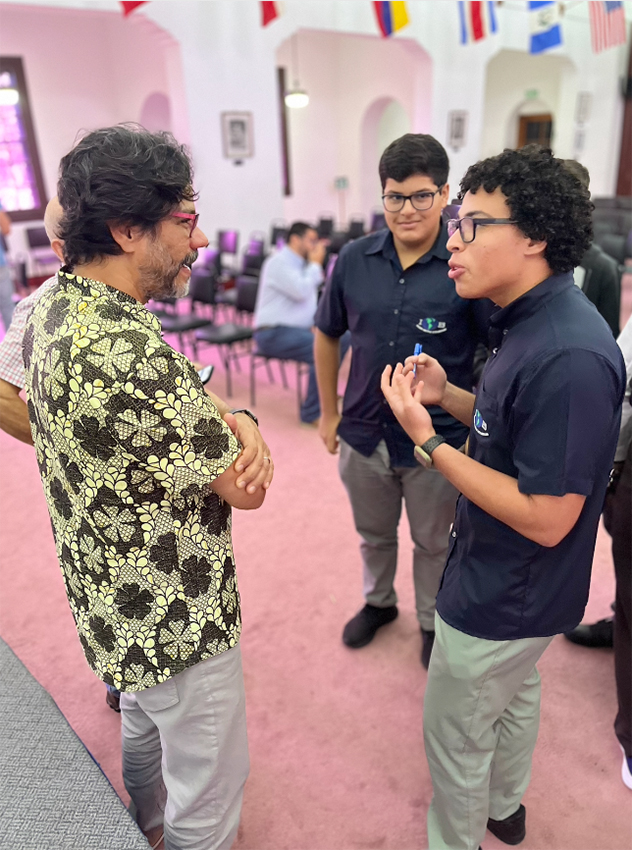
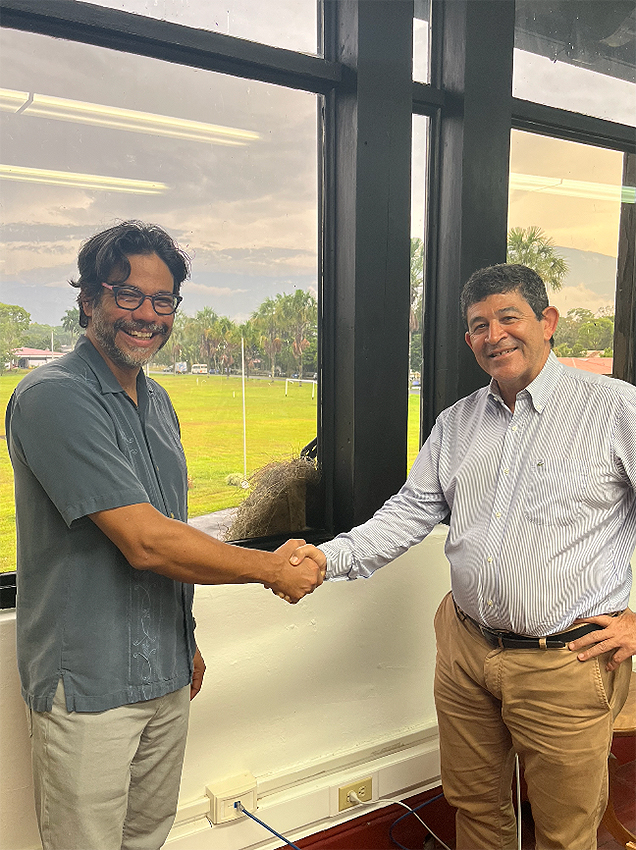
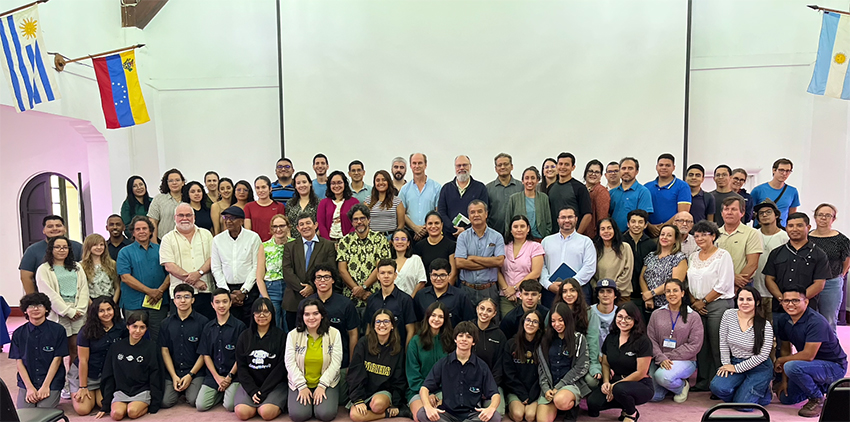
Written by:
Karla Salazar Leiva
Communicator
Communications and Marketing Office
CATIE
karla.salazar@catie.ac.cr

